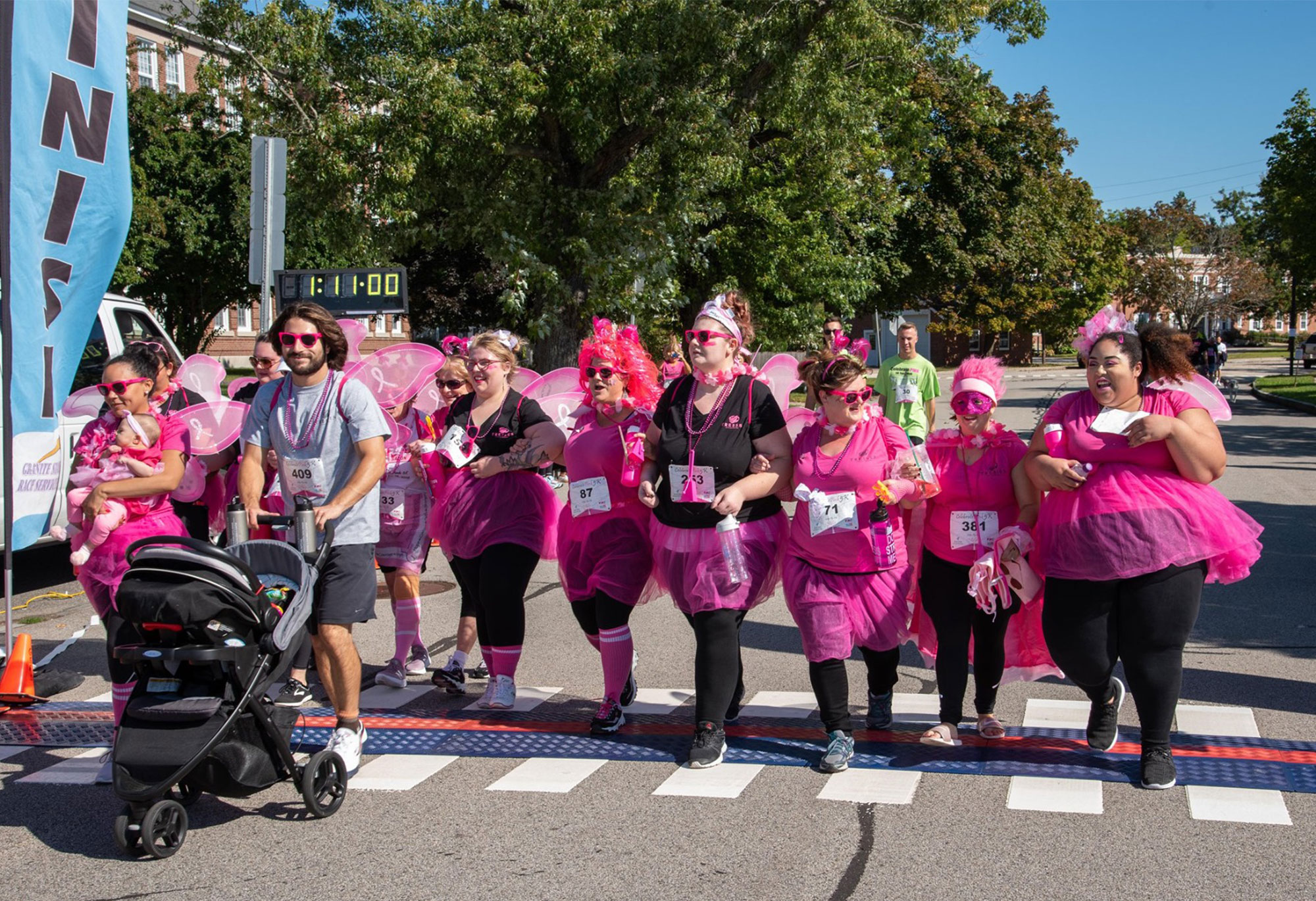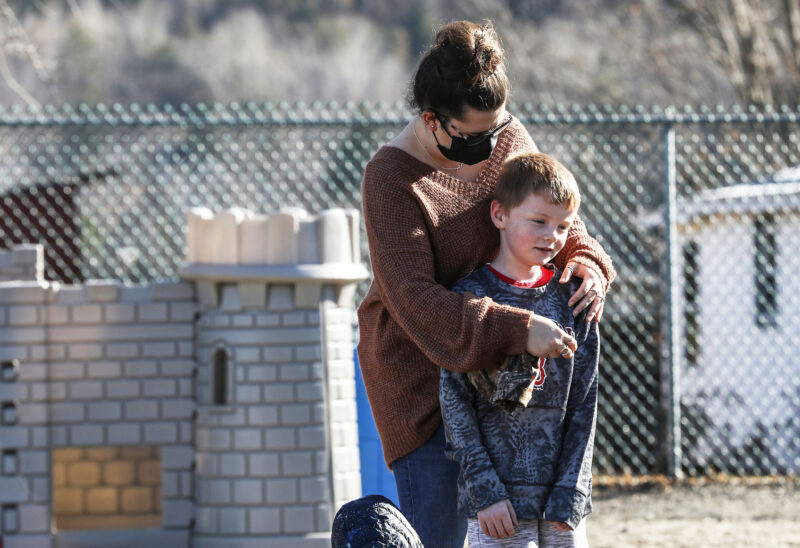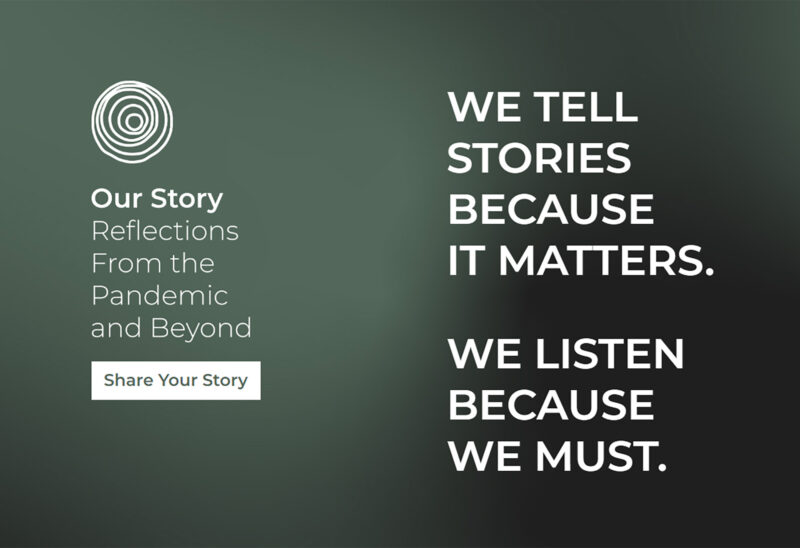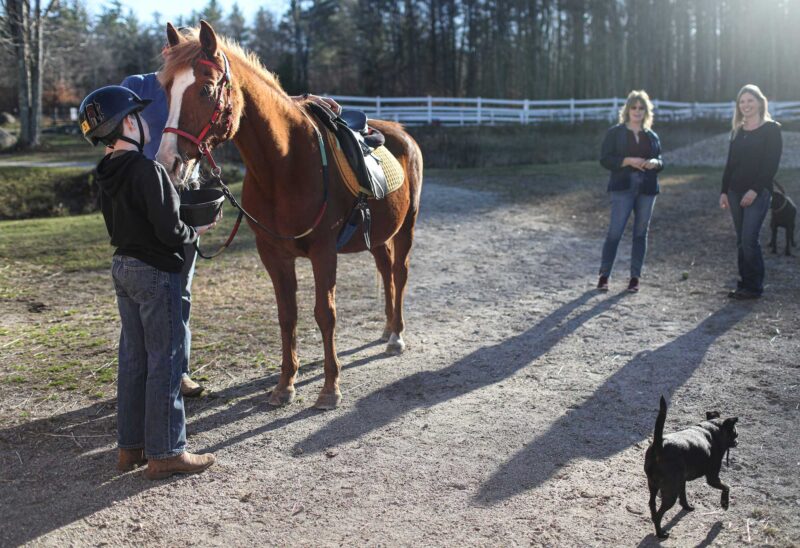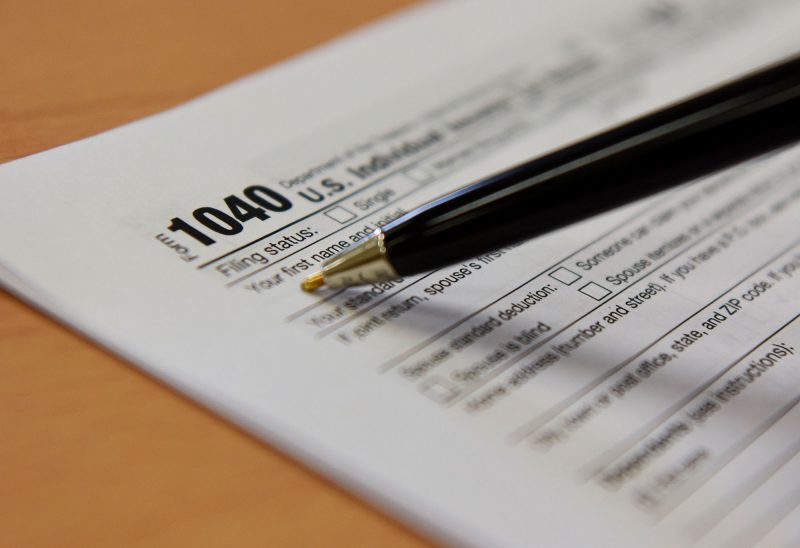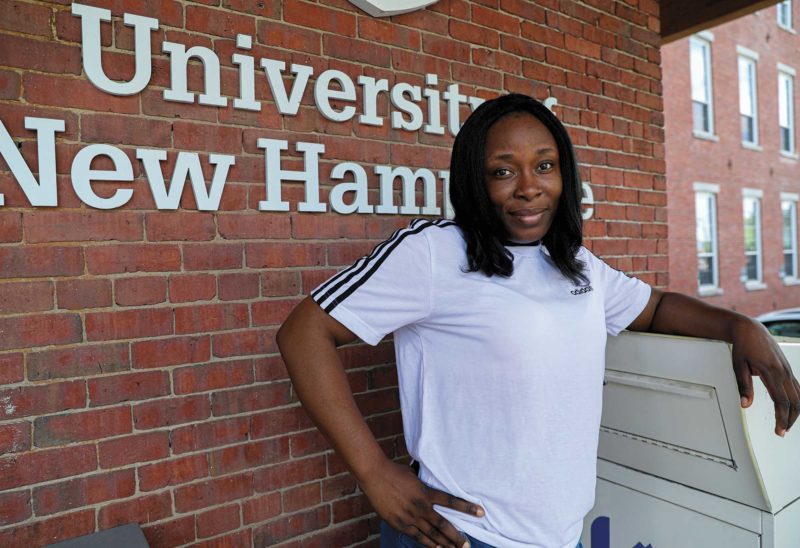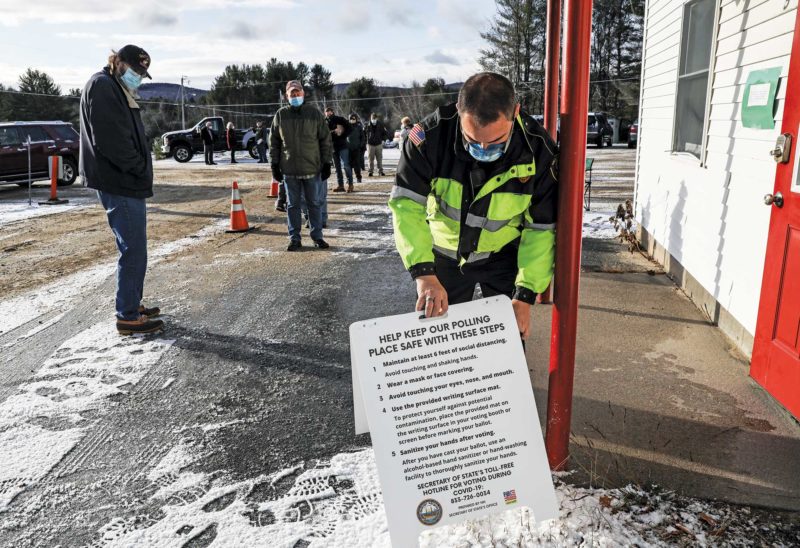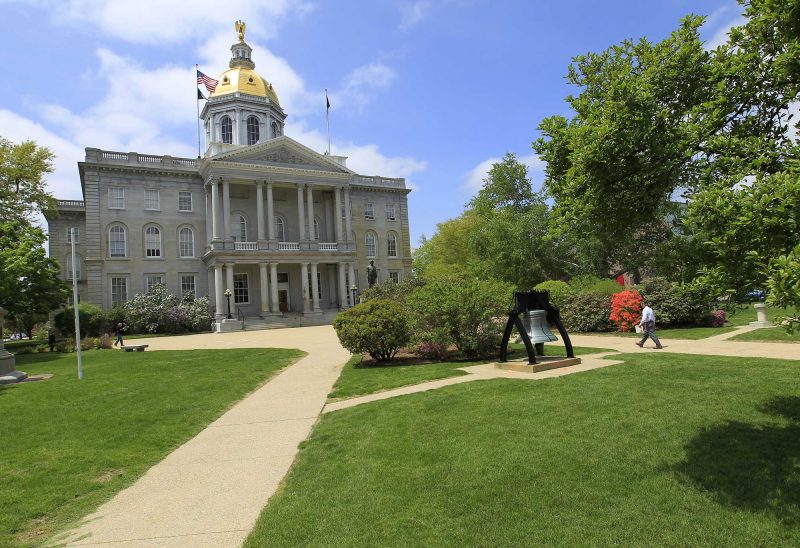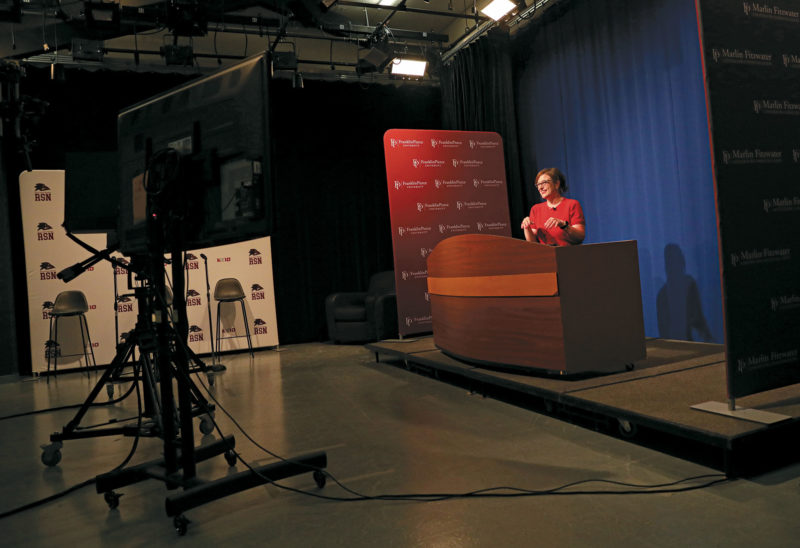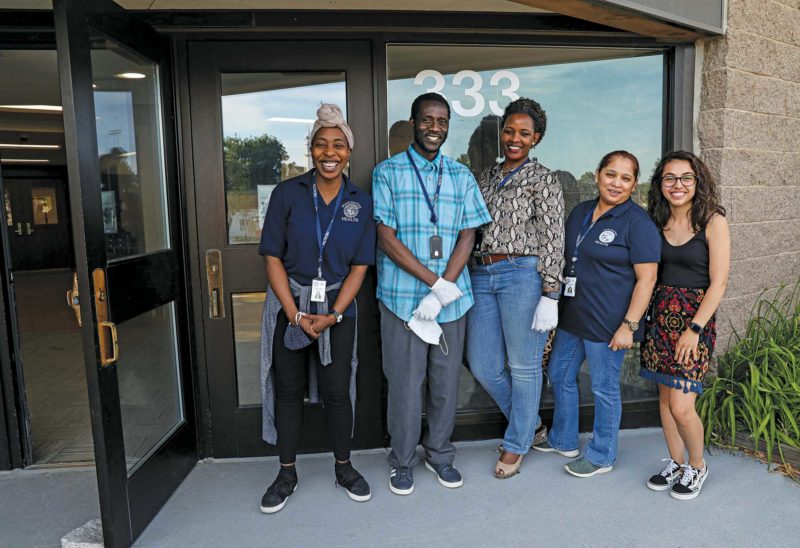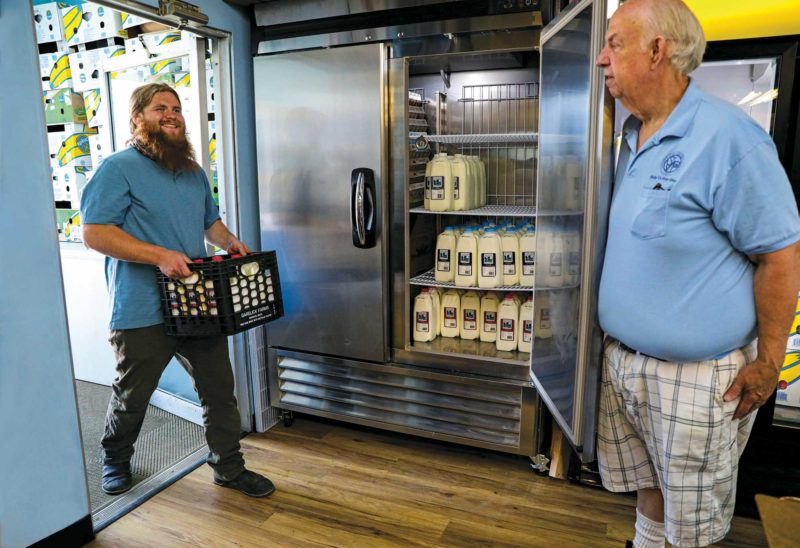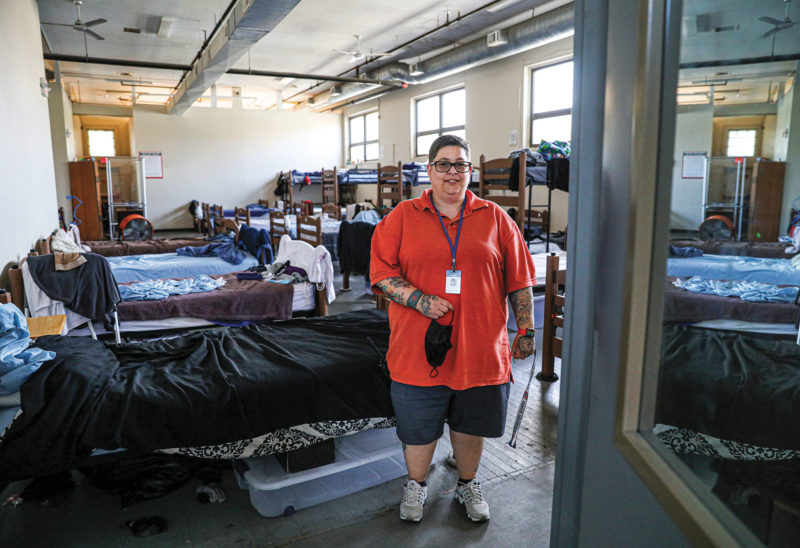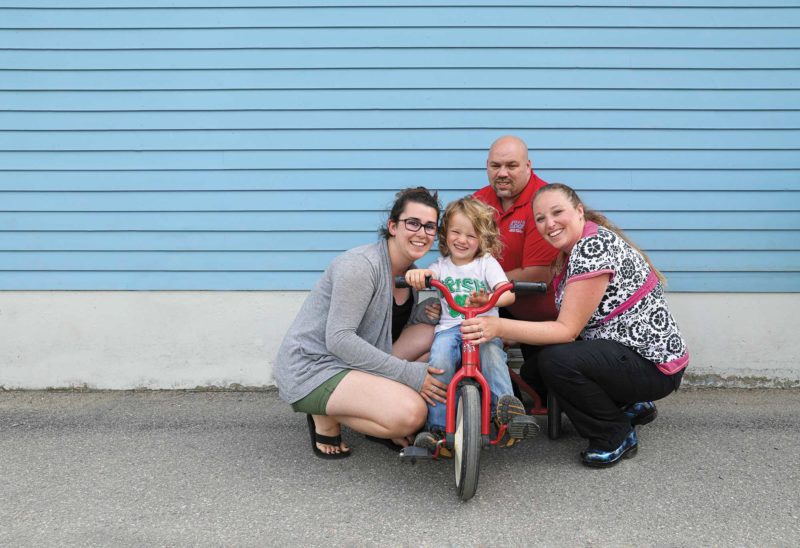For people diagnosed with breast cancer, the coronavirus public-health emergency adds layers of stress and complication to an already life-altering challenge.
One small Seacoast nonprofit is there to help.
My Breast Cancer Support started as a story-sharing website 15 years ago and has evolved into a financial- and emotional-support organization for people managing the most prevalent form of cancer among women.
“It’s a terrible disease,” said My Breast Cancer Support Executive Director Jennie Halstead — the organization’s only full-time staff person and a ten-year cancer survivor. “If we can take a little bit of the stress out of that so they can focus on getting better, that’s our goal.”
The organization works in tandem with Seacoast-area hospitals. Every woman who is diagnosed receives a “care bag” at the hospital, with a journal, scarf, water bottle and information about the organization and the support it offers. Nurse navigators at the hospital have on-hand “hope chests” from My Breast Cancer Support, with gas cards and grocery cards for women with imminent needs. And those nurses help connect patients with the organization if they need to apply for additional assistance — like help paying rent, or for utilities — while they are undergoing treatment.
Kat Kelley of Lee is a four-year survivor of stage three breast cancer. After she began treatment, she was unable to work. She was looking at a December propane bill for her heat and no income.
“I was petrified of how I was going to pay for my bills while I was trying to figure out how I was going to survive cancer,” Kelly said during the organization’s recent online gala. “I learned about My Breast Cancer Support and I submitted an application and they paid for part of my propane bill. And I didn’t have to worry about having heat while I was recovering from that first surgery.”
New Hampshire has among the highest rates of breast cancer incidence in the United States. According to the American Cancer Society, about 13 percent of all women in the U.S. will be diagnosed with invasive breast cancer in her lifetime. The Cancer Society estimates that 1,350 women in New Hampshire alone will be diagnosed with breast cancer this year.
The New Hampshire Charitable Foundation’s Express Grants program — which provides rapid-turnaround grants of up to $5,000 — is dedicated entirely in 2020 to helping communities respond to the coronavirus pandemic. An express grant to My Breast Cancer Support is helping that organization provide direct support to women who are battling a cancer diagnosis during this challenging time.
“We had a big uptick in the number of grant requests because people were out of work or couldn’t work,” said Halstead. “And the added stress of [the pandemic] in middle of treatment makes it even worse.”
The organization relies on fundraisers for about a third of its annual revenue. It has had to cancel some of those events, and has adapted to move others — like its “Evening By the Sea” gala — online.
Kelley said that, while she was undergoing treatment, “My Breast Cancer Support would, without me even asking, just pop in the mail a gift card for gas or groceries, so I could get gas to go to my doctors’ appointments.” Now, she volunteers for the organization, helping to support other women facing the same diagnosis she did.
Heather Lynch is a registered nurse navigator at the Seacoast Cancer Center.
“Cancer is scary and it can come about at any time and a lot of times it affect people’s jobs, and they can’t work, or it affects their families. My Breast Cancer Support is an amazing organization. We are so lucky that they are here helping our patients.”
Lynch recently was able to hand gift cards for gas and to Walmart to a woman in her 30s with two young children who was recently diagnosed – and to let her know that additional relief and support were available through My Breast Cancer Support. “Just the sound of her voice, the relief,” Lynch said. “She said ‘this will get me through a little longer until I can get my feet under me.’ They are doing great things for our patients.”
The organization recently worked with a Kingston woman whose doctors discovered a recurrence of her cancer during the pandemic. Her diagnosis was stage four, and she had to cut back on her hours at work and apply for disability. She contacted the organization for some grocery cards, because she was having trouble keeping food in the house.
“We paid her mortgage and sent Market Basket cards and helped with the utility bills,” Halstead said. “It seems like a drop in the ocean when you see the pain and havoc this wreaks on people’s lives, but it’s about knowing that you’re not alone.”
Nonprofits need help more than ever to sustain operations and respond to community need. Please consider giving to help support their critical missions. If you are a fund-holder at the Charitable Foundation and would like to use your fund to address increased community needs during this time, please call 1-800-464-6641 and choose option three for donor services, or email qbabefreivprf@aups.bet.

